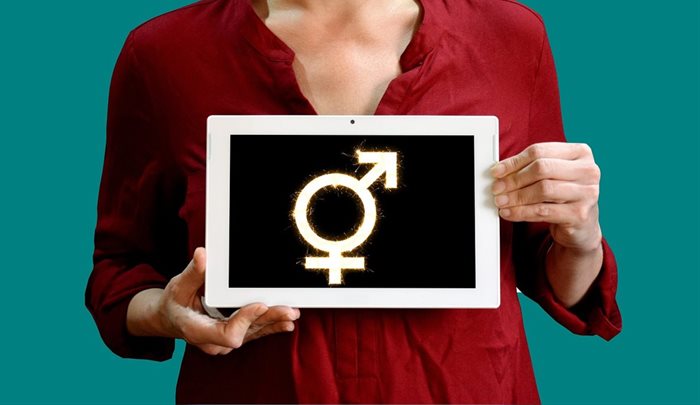The social impact sector in South Africa and the rest of Africa is having a significant impact on gender transformation compared to other sectors, a leadership expert says.
“Companies are looking for exceptional mid-to-senior level leaders to take them into the future post-pandemic,” says Tracy Dawson, partner at Jack Hammer Africa. “A most notable development right now though is the increase in the number of companies in the social impact sector seeking these types of leaders, and specifically asking for women when they compile their candidate briefs.”
Dawson says in contrast with leadership appointments in other sectors, where gender transformation is improving, but only sluggishly so, 63% of Jack Hammer’s appointments in the social impact sector in Africa over the past two years have been women.
“This is significant, as it is the only sector where senior female leadership appointments outweigh those of men, and indeed far more than the corporate equivalent.”
The social impact sector is broadly defined as the collective of organisations which include foundations, philanthropic investors, NPOs, charitable institutions, industry bodies, thinktanks, research institutions and CSI-focused organisations.
Yershen Pillay 14 Feb 2022 Covid-19 and the global lockdowns had hit women especially hard, as they were more likely than their male counterparts to drop out of the workforce, notes Dawson. The resulting participation gap (and consequent pay gap) has meant that it may be more difficult than ever for women to experience career advancement or salary equity.
“However, it would appear that the social impact sector, by virtue of its core business imperative, is holding firm on a diversity agenda in contrast to other sectors. This is no accident - transformation is an entirely intentional and deliberate strategy, and needs to be kept on the table,” she says.
“Now that leadership searches have picked up again, we are not only noticing an increase in briefings for leaders in the social impact sector, but also the explicit request for female candidates, and these appointments are being made across the whole of Africa, not just South Africa where the trend also holds.
“This is important because emerging female leaders are challenging cultural and societal norms and conventions, and are not only advocating for the under-served women on the continent, but also serving as positive role models to millions of young Africans,” Dawson concludes.




















































